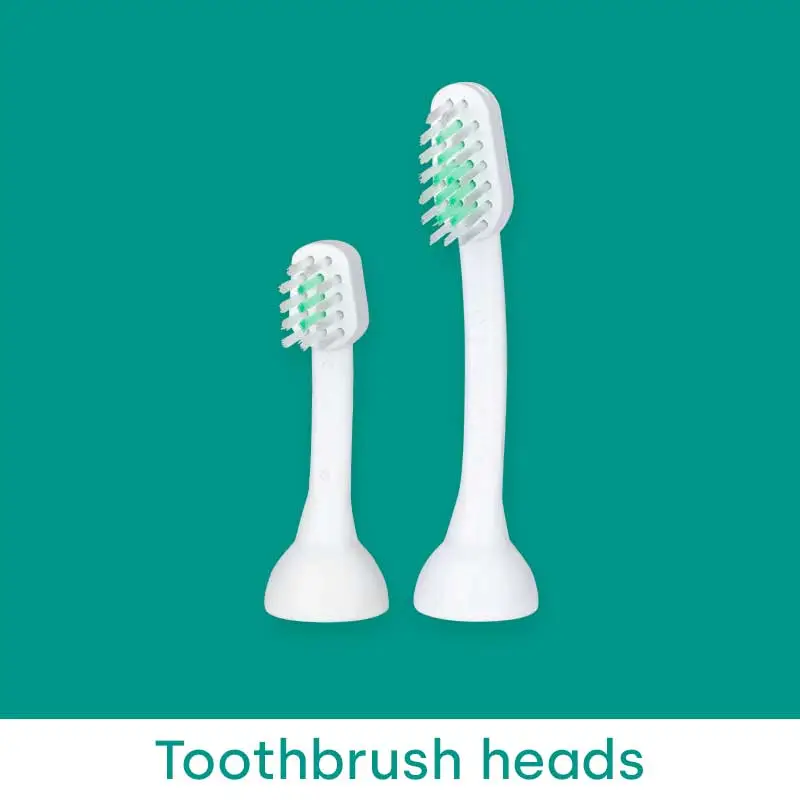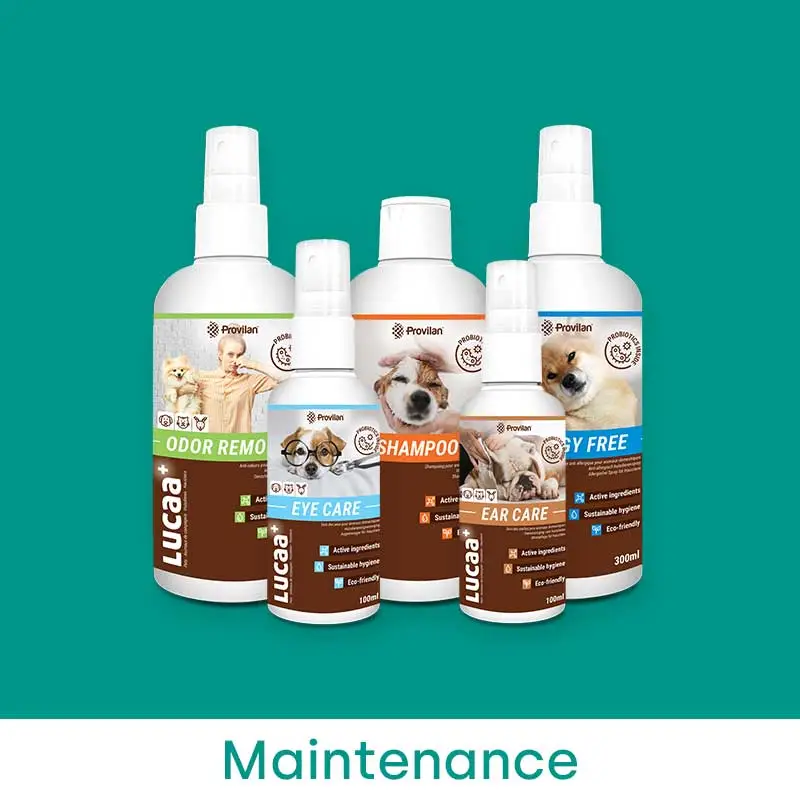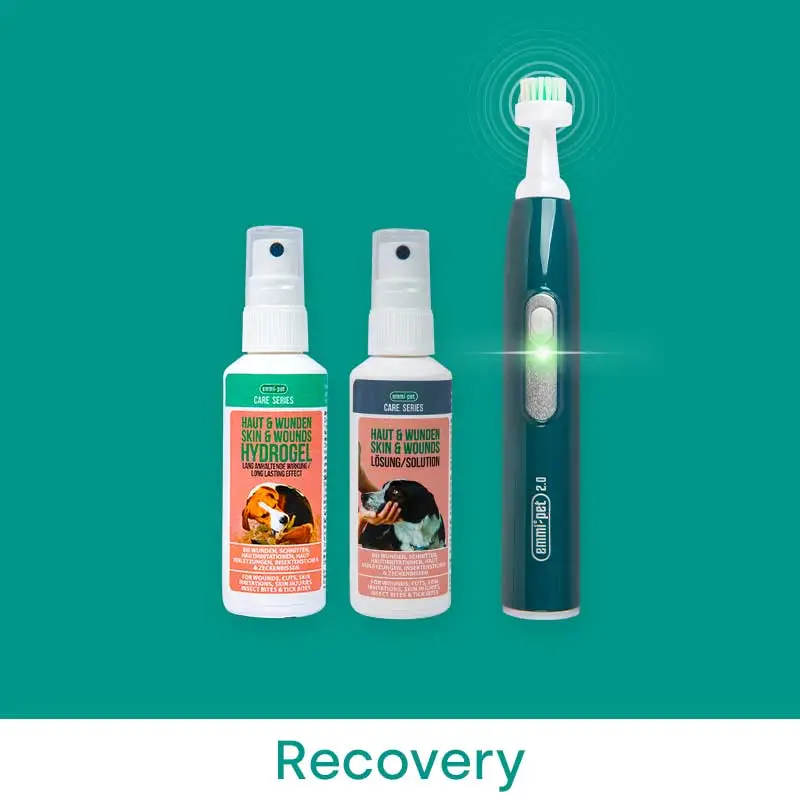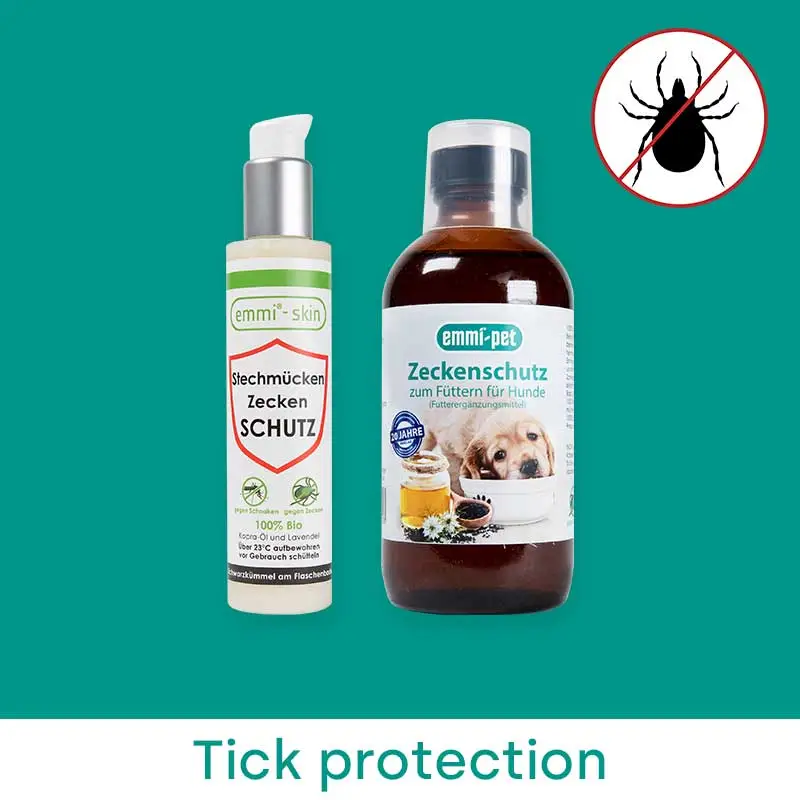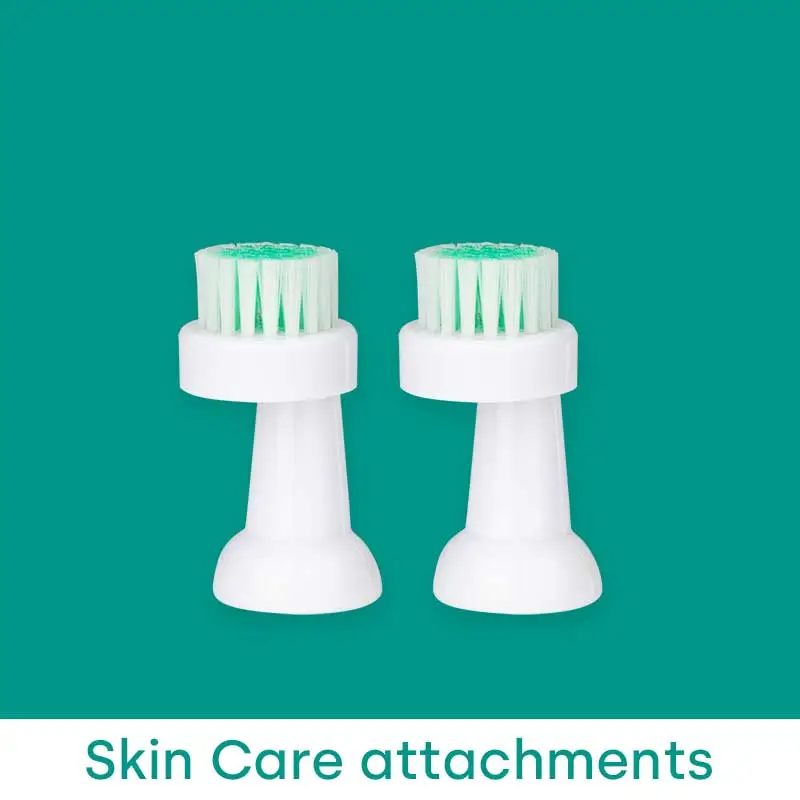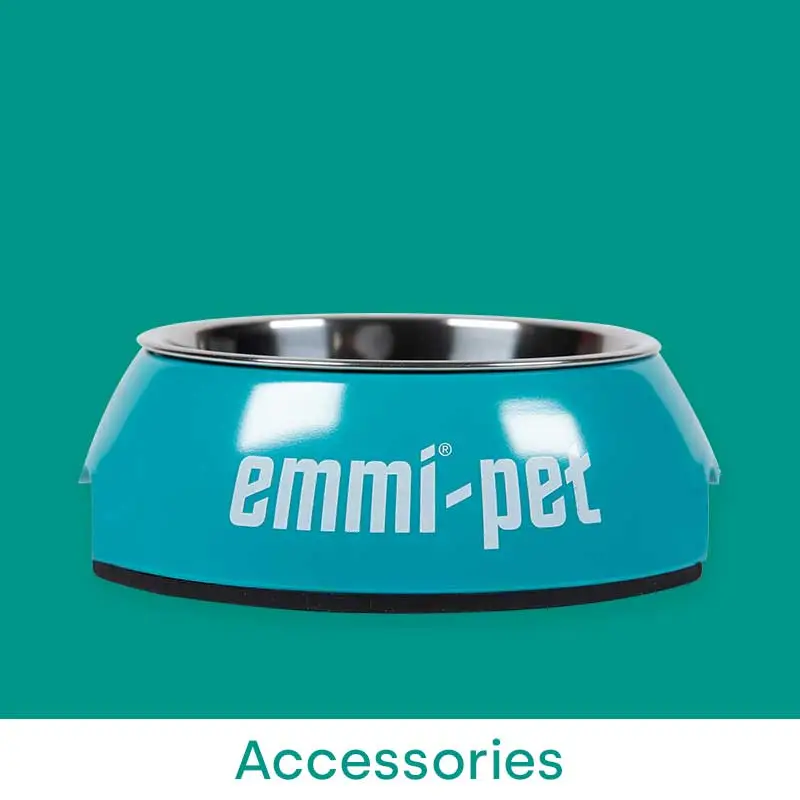
As a dog owner, you always want the best for your furry friend. But do, you know what to do if your dog gets into an emergency situation? In this article, you will learn the basics of first aid for dogs and how to act correctly in various emergencies.
1. Stay calm
The most important thing in an emergency situation is to remain calm. Your dog senses your fear and can become even more nervous as a result. Take a deep breath and act calmly.
2. Safety first
Before you help your dog, make sure that you are not putting yourself in danger. If your dog is in pain, it may react unexpectedly. Be careful to avoid bites.
3. Stop the bleeding
In the case of injuries and bleeding, it is important to stop the bleeding. Use clean bandages or cloths and press gently on the wound to control the bleeding.
4. Resuscitation and cardiac massage
If your dog is not breathing or has no pulse, chest compressions or mouth-to-snout resuscitation may be necessary. Place your hands over the dog's heart and press rhythmically. When giving artificial respiration, gently blow air into the dog's nose.
5. Recognising states of shock
Shock can occur due to severe injuries, allergic reactions or other traumatic events. Signs are
- Breathing quickly,
- cold extremities and
- Weakness.
Keep the dog warm and calm and transport it to the vet as soon as possible.
6. Intoxications
If you suspect intoxication, you should contact the vet immediately. Try to find out what your dog has eaten and take this information with you to the vet.
7. Seizures
During a seizure, keep your dog away from objects that could injure him. Do not try to open your dog's mouth during a seizure. After the seizure, take him to the vet.
Knowing canine first aid is crucial to acting correctly in an emergency. With this guide, you can ensure that you are prepared to help your dog in an emergency situation. Remember, in an emergency, always consult a vet to fully assess the health of your four-legged friend.


